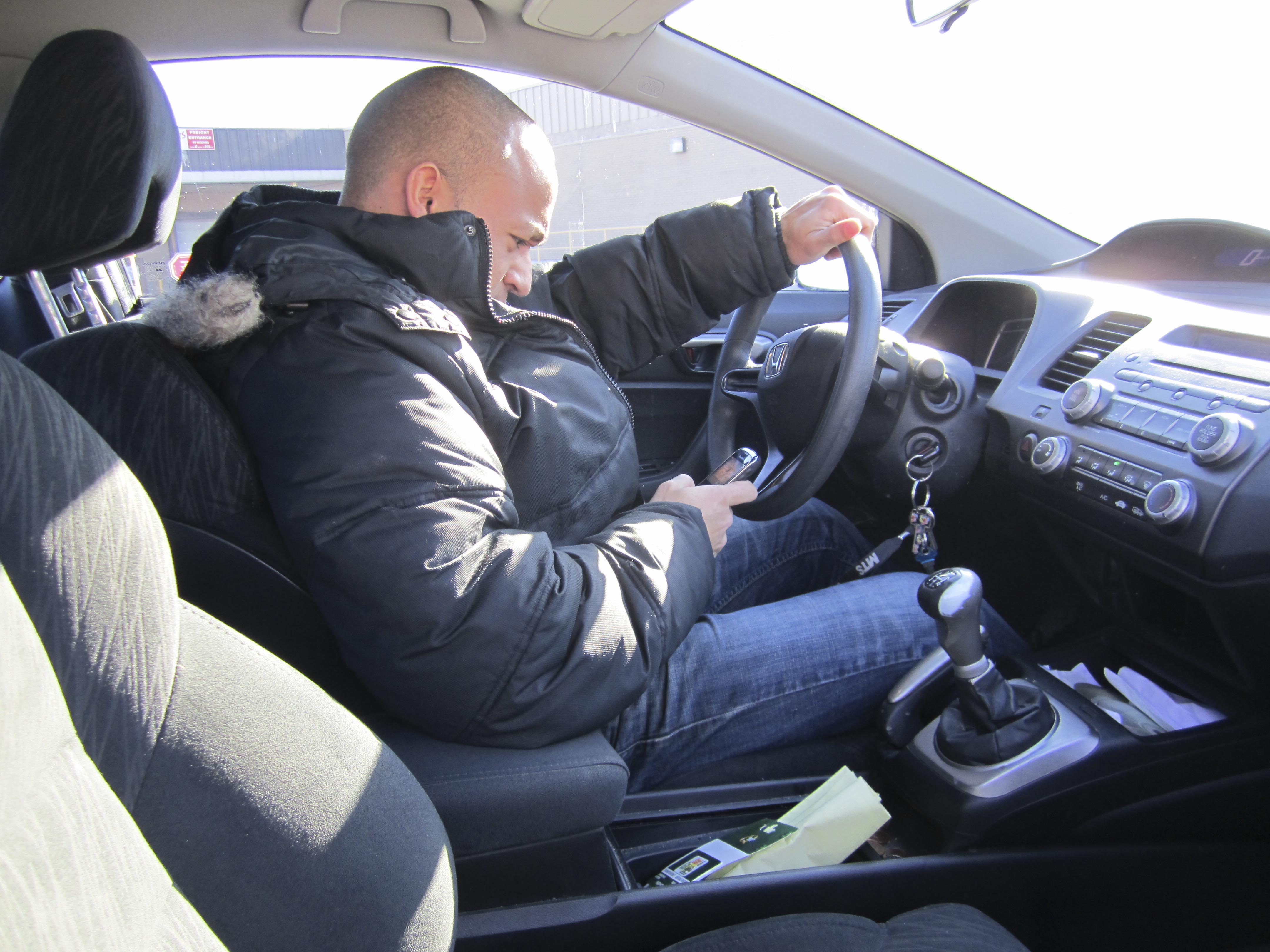Drivers who use handheld devices should think twice before using them while driving.
For the month of February Manitoba Public Insurance gave the Winnipeg Police force, RCMP and Brandon Police Force an extra $120,000 towards an effort to better enforce the law against handheld device use while driving.
Under this Highway Traffic law, passed in July 2010, those who are caught using a handheld device while driving have to pay the fine of $199.80.
According to a recent MPI poll, of the 800 drivers participants, 40 per cent admitted to using their cell phones or other handheld devices while driving. 92 per cent of those polled said that they believe drivers are more likely to get in an accident while using a handheld device.
WPS Sergeant Doug Safioles of the Central Traffic Unit explained that WPS officers have issued thousands of tickets since the new law came into effect, but it hasn’t been enough to deter handheld device users.
“What the funding does is allow police services to put additional resources on the street who would not normally be available,” Safioles explained.
“We have found that an omnipresence of officers conducting enforcement has a dramatic effect on public behaviour.”
It has become a major issue among young people especially, novice drivers, in comparison to their older
counterparts who tend to exercise more caution.
Brian Smiley, media relations for MPI, explained that the funding will go towards overtime hours for officers conducting roadside checks.
“[Roadside checks] are effective in terms of being very visual . . . sending [Manitobans] the message of there being a high potential for them to be caught,” he explained.
Handheld use is generally self reported when reporting a collision, Smiley explained, so it is difficult to determine how many collisions it has caused in Manitoba.
“To give an example: if someone comes to us and says they ran a red light and smashed into a car in front of them . . . the question may be asked were you texting or using your handheld cell phone and they possibly will say no,” he explained.
“We have no way of disproving it unless there’s perhaps there is independent witnesses or a police report that can confirm that fact so we really don’t know how many are out there causing crashes.”
David Deutscher, a law professor at the U of M, said he believes making enforcement on the part of the police a greater priority “could achieve greater compliance.
“Generally, once someone is caught, they tend to think twice about repeating the behaviour,” he said.
The MPI poll also found that concern over hand held used while driving increased with age.
“Younger adults are the least likely to rate this as a very serious problem compared to older adults,” according to a statement from MPI.
However, students the Manitoban spoke with said they were concerned that hand-held use while driving continued to be a problem in Manitoba.
“I’ve been in the car with people who have taken their hands off the steering wheel to text, and I get upset,” said Patrice Williams, a third year psychology student at the U of M.
“Not only are they putting their lives at risk, but they are putting the lives of others at risk. They could potentially kill someone one day and it’s just not worth it.
“Whatever it is, it can wait, if it’s an emergency pull over to the side of the road.”




